Posted on 12/21/2024
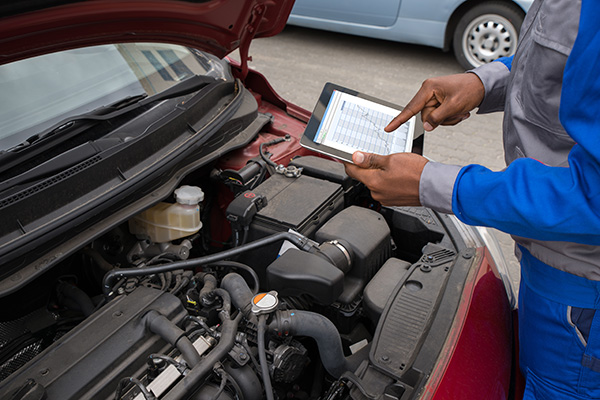
If your car is feeling sluggish or not performing like it used to, a tune-up might be just what it needs. Think of it as a wellness check for your vehicle, designed to keep everything running as it should. But what exactly does a car tune-up include, and why is it so important? The Basics of a Car Tune-Up A car tune-up is a comprehensive service that focuses on optimizing your engine’s performance. Over time, components in your engine wear out or become less efficient, which can lead to reduced fuel economy, sluggish acceleration, or even engine misfires. During a tune-up, your car undergoes several checks and adjustments to address these issues. While the specifics can vary depending on your vehicle’s make and model, a tune-up typically includes replacing worn-out parts, cleaning critical components, and ensuring everything is in proper working order. The goal? To keep your car running reliably and efficiently. Key Components Checked During a T ... read more
Posted on 11/29/2024
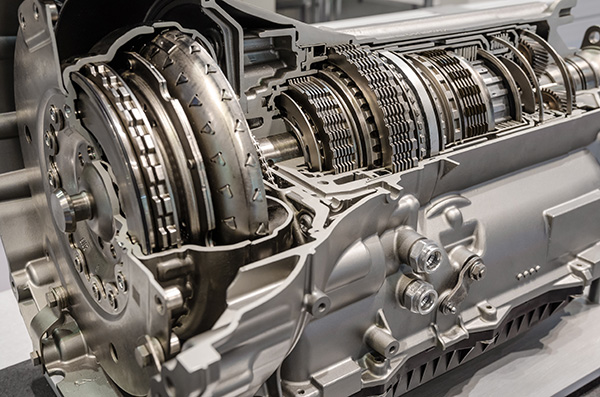
Your car’s transmission is converting the engine’s energy into motion and ensuring your wheels turn effortlessly. When something goes wrong with the transmission, though, it can bring your vehicle to a standstill. Understanding the root causes of transmission problems and taking proactive steps to avoid them can save you from costly repairs and stressful breakdowns. Common Causes of Transmission Problems Transmission troubles often sneak up on drivers, but most issues can be traced back to a few key culprits: Low or Contaminated Transmission Fluid Transmission fluid plays a vital role in lubricating moving parts, keeping the system cool, and ensuring gear changes happen without a hitch. When the fluid is low, old, or contaminated, it can’t do its job effectively, leading to overheating and increased wear and tear ... read more
Posted on 10/31/2024
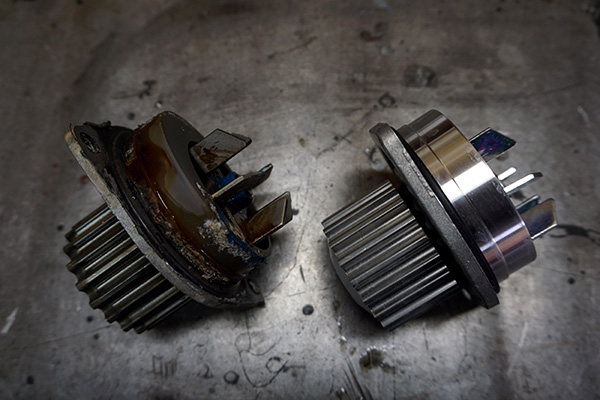
Your car's water pump plays a crucial role in keeping your engine healthy. It ensures that coolant circulates throughout the engine, regulating the temperature and preventing overheating. When the water pump starts to fail, it’s not just a small inconvenience — it can lead to severe engine damage if ignored. But what exactly are the dangers of a failing water pump, and how can you spot the warning signs before it's too late? The Role of the Water Pump in Your Car The water pump is a vital part of your car’s cooling system. It works by pushing coolant through the engine block, hoses, and radiator to keep the engine temperature within a safe range. Without it, your engine would quickly overheat, causing all sorts of damage. As simple as it may seem, a water pump's failure can lead to a domino effect of problems throughout your vehicle. Signs of a Failing Water Pump Before diving into the dangers, it’s important to ... read more
Posted on 9/27/2024
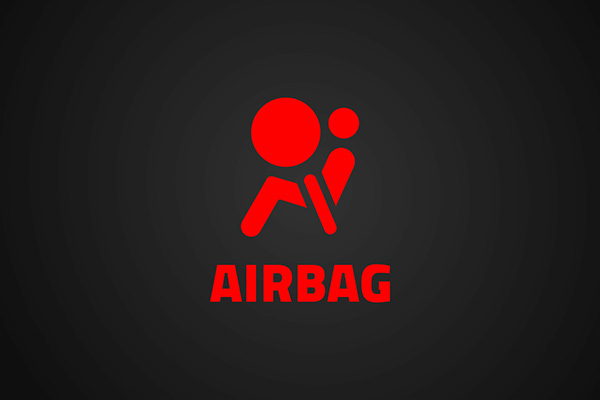
Your car's dashboard lights are designed to alert you when something isn't functioning properly, and one of the most alarming warnings to see is the airbag light. Also known as the Supplemental Restraint System (SRS) light, when this indicator turns on, it signals that there is a problem with your car's airbag system. This could mean the airbag won’t deploy in the event of an accident, compromising your safety. But what exactly causes the airbag light to illuminate, and more importantly, what should you do about it? What Causes the Airbag Light to Turn On? There are several potential reasons why the airbag light in your vehicle might come on. It could be something as minor as a loose connection or as serious as a malfunction in the airbag system. Understanding these causes can help you decide how urgent the issue is. Faulty Sensors or Wiring Problems The airbag system is equipped with various sensors that monitor the vehicle&rsquo ... read more
Posted on 8/27/2024
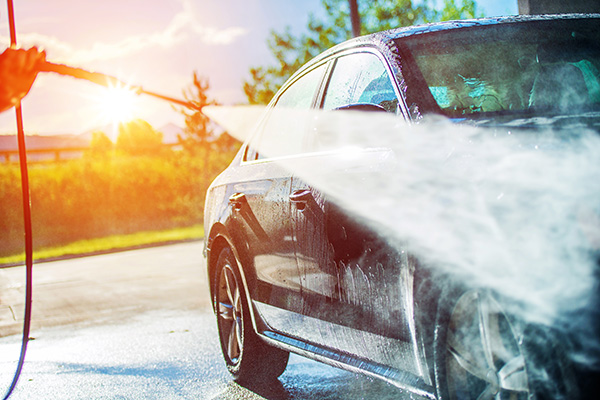
Washing your car at home can be a rewarding experience, especially when you see it shine like new afterward. While it might seem like a simple task, there’s a right way to ensure your vehicle looks pristine without causing any damage to its paint or finish. Plus, giving your car a proper wash can help maintain its value and protect it from the elements. So, how do you go about cleaning your car like a pro from the comfort of your driveway? Why Wash Your Car at Home? You may wonder why it’s even worth the effort to wash your car at home when there are so many drive-through car washes available. While convenient, automated car washes can often leave behind scratches or miss certain areas. Doing it yourself allows you to give your car the attention it deserves, and with the right approach, it can also be more cost-effective in the long run. Moreover, regular washing helps prevent the build-up of dirt, grime ... read more